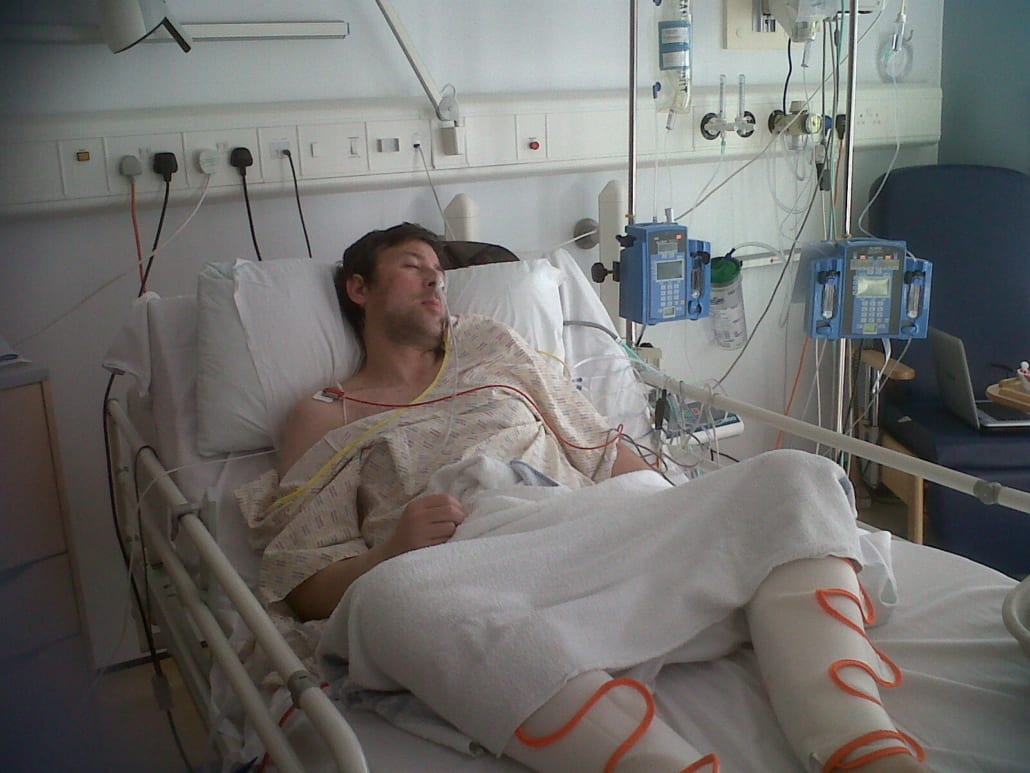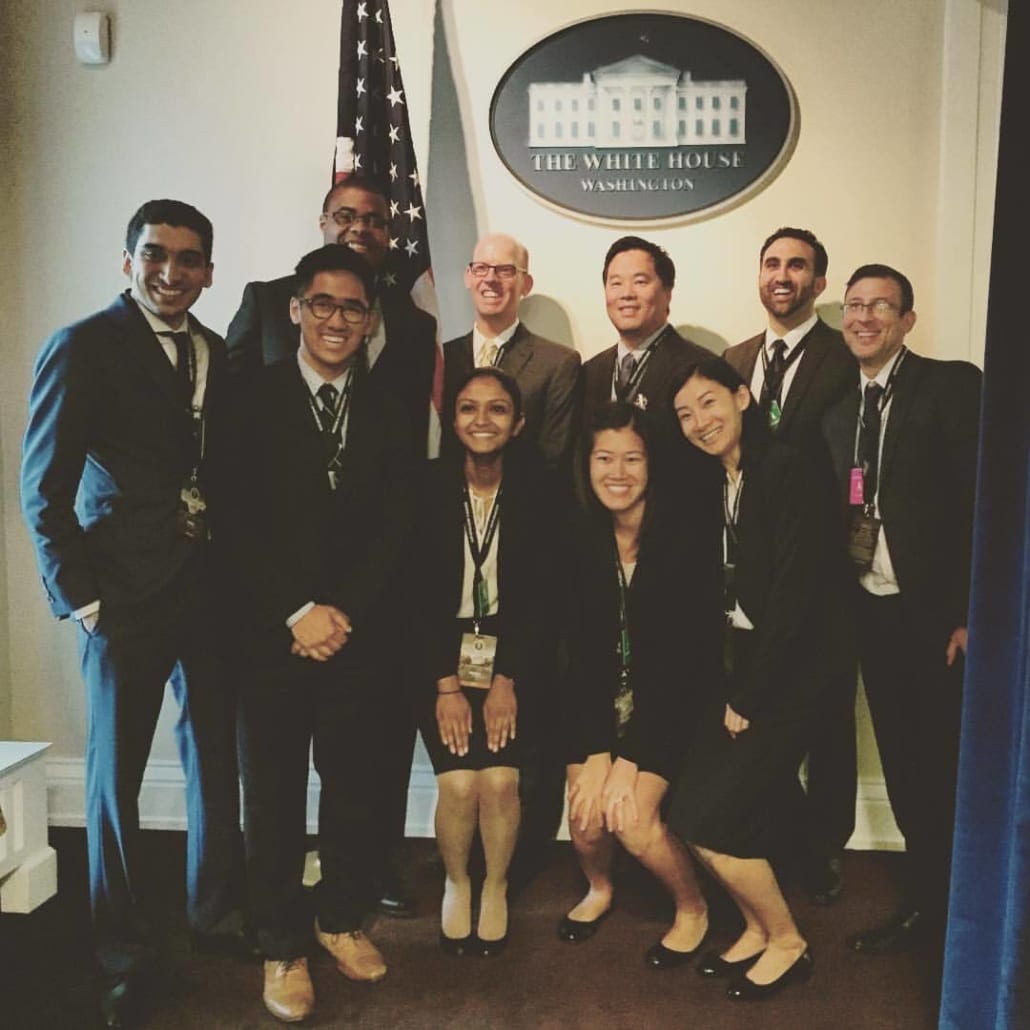Michael Seres started 11 Health as a direct result of his experiences as an ostomate. He had suffered with Crohn’s disease for over 30 years and after a small bowel transplant, he needed an ostomy. He felt alone and powerless. The bags were hard for him to get used to and they did not help to manage his condition – they just collected output. He started blogging and tweeting about his journey and found tens of thousands of patients who felt the same way but were too anxious or disempowered to do anything about it. Michael made a commitment that he would devote his life to making a difference for these patients.
Despite his health struggles, which included fighting and beating cancer multiple times, he found the strength to start a healthcare company that shares his single-minded focus of helping patients, and in particular ostomates. The company is called 11 Health as Michael was the 11th person in the UK to have had the pioneering transplant procedure. Only a few of the 10 that went before him survived the procedure. Michael did not just survive, he thrived and accomplished so much in his short life.
Advocacy was always a part of Michael’s life. He always found time to prioritize it amidst the challenges of running an international business and managing his health. In his talk at Stanford Medicine X in 2017, he talked about a revolutionary idea of using social media for doctor-patient communications. Michael believed that patients were the most underutilized resource in healthcare and he spoke beautifully about it in his famous TEDx Talk in 2018. The need for the patient to be at the center of patient care ran through his core. He felt that patients should not be passive end users. Instead, patients should be engaged in medical decision making and empowered by education and self-care tools. Michael’s reach was spread wide and he advocated for patients to the leadership of Google and even on a panel alongside Bill Clinton.

We lost Michael last year. Whilst our hearts are still filled with sadness, we are more determined than ever to deliver his vision of changing healthcare and making it patient centric. He believed passionately in the ‘everyone included’ philosophy. A movement for change supported by doctors, nurses, policy makers but most importantly, patients. Making that change will be Michael’s legacy.
We are creating a special birthday Gutsy Gathering on March 23 from 3-7pm EST in Michael’s memory. It will not be a day to mourn. It will be a day to celebrate the achievements of an extraordinary man by inviting some equally extraordinary people to talk about their personal or professional involvement in the patient experience. Sessions will focus on themes relating to advocacy, confidence, community, and change.
The Michael Seres birthday Gutsy Gathering will be an annual event and an opportunity for friends to meet in a face-to-face setting. This year it will be virtual, with speakers joining us from around the world from across the ‘everyone included’ spectrum. The live sessions will run from 3-7pm EST and participants can come and go as their schedules allow. The event is free, and registration is required at www.gutsygathering.com. Our esteemed list of speakers continues to grow and can be found on the registration page. Please join us!
Editor’s note: This article is from one of our digital sponsors, 11 Health. Sponsor support along with donations from readers like you help to maintain our website and the free trusted resources of UOAA, a 501(c)(3) nonprofit organization.

 being admitted within the first 90 days post operatively [1]. This is one of the highest rates of readmission when compared to other types of surgery. The most common cause for re-admission is dehydration, at approximately 40% of post ileostomy readmissions [2]. We also know that 84% of ostomy patients develop skin issues. The causes of these can be chemical, mechanical, or microbial, and possibly avoidable. Ostomates also have significantly increased healthcare costs, especially when affected by peristomal skin complications, and leakage [2]. It is known that 25% of ostomates develop renal failure within two years. The complications these patients encounter require 7x more outpatient visits than the average patient. And 29.1% of ostomates experience readmission which costs approximately $16,000 per patient [1]. These statistics show that specialized care for these patients is imperative to improving patient outcomes in this patient population.
being admitted within the first 90 days post operatively [1]. This is one of the highest rates of readmission when compared to other types of surgery. The most common cause for re-admission is dehydration, at approximately 40% of post ileostomy readmissions [2]. We also know that 84% of ostomy patients develop skin issues. The causes of these can be chemical, mechanical, or microbial, and possibly avoidable. Ostomates also have significantly increased healthcare costs, especially when affected by peristomal skin complications, and leakage [2]. It is known that 25% of ostomates develop renal failure within two years. The complications these patients encounter require 7x more outpatient visits than the average patient. And 29.1% of ostomates experience readmission which costs approximately $16,000 per patient [1]. These statistics show that specialized care for these patients is imperative to improving patient outcomes in this patient population.

